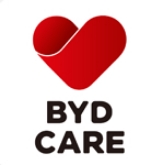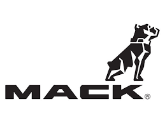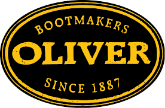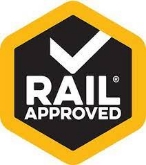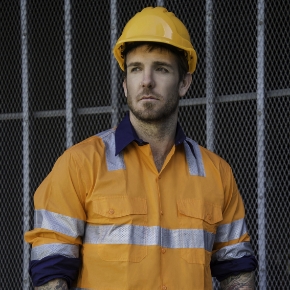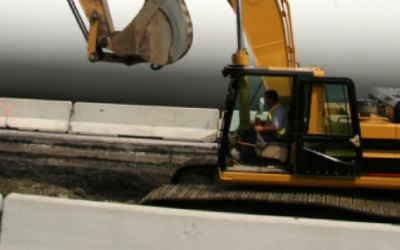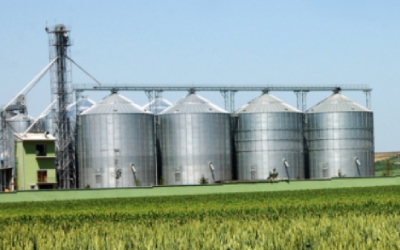The process of applying tape patterns to workwear is crucial in ensuring that the tape is securely attached and remains visible during use. Tape patterns are applied to safety garments through various methods such as heat press, sewing and adhesive bonding.
Ensuring the safety and visibility of workers is of utmost importance for TRu Workwear. TRu Workwear’s garments are certified to meet the highest standards that significantly enhance visibility and reduce the risk of accidents. One of these standards is the Class F (W) category Class F (W) is a specific category designed to offer optimal visibility and protection among these standards. Delve into Class F (W) workwear requirements and benefits.
Victorian employers faced serious legal and financial consequences for putting workers at risk last year, with WorkSafe Victoria completing 119 successful health and safety prosecutions and enforceable undertakings. Courts imposed a total of $13,318,433 in fines, costs and enforceable undertakings for breaches of the Occupational Health and Safety Act and the Dangerous Goods Act in 2024, including two costing defendants more than $1 million each.
Organisations need to adopt clearer, level-appropriate definitions of health, safety and risk terms, according to research which examined how complex terminology could hamper workplace safety efforts.
Despite widespread recognition of change management’s importance in modern organisations, many leaders struggle to effectively implement transformational initiatives due to inadequate resources, capabilities and outdated methodologies.
WorkSafe Victoria recently issued a safety alert reminding employers about controlling risks associated with lead-based paint removal. Lead-based paint, commonly used on many pre-1970s buildings and structures, can contain lead levels greater than 1 per cent. Work involving sanding, buffing or removing paint with lead levels greater than 1 per cent by dry weight is regulated under Part 4.3 of the OHS Regulations as a ‘lead process’, with specific duties for employers undertaking this work.
WorkSafe Victoria recently issued a reminder to employers and workers about the risk of falling objects, and that even a small falling object can hit hard with enough force of gravity behind it.
WorkSafe Victoria recently issued a safety alert reminding mine operators about the risks of high-speed bearing failure on mobile equipment. The alert was issued following an incident involving a haul truck operator at an underground metalliferous mine who was hauling material along a drive.
WorkSafe Tasmania recently issued a safety alert following an incident in which a worker was seriously injured when an excavator reversed over him as he was raking blue metal at a roadworks construction site.
WorkSafe Victoria recently issued a safety alert about controlling risks from the use of 4-in-1 buckets on skid-steer loaders following an incident in which an employee was seriously hurt while loading concrete rubble into a tip truck.
SafeWork SA recently issued a safety alert warning business owners in the agriculture sector about the dangers of working in confined spaces following the recent death of a farmer in a grain bin.
NT WorkSafe recently issued a safety alert for electrical workers and residents to exercise caution when accessing meter boxes fitted with older style meters found in homes built before 2014. The alert was issued after Power and Water Service personnel have reported finding a number of heat damaged service fuse holders in meter boxes in territory homes.


















